Edited by Anna Popper
Christmas is one of the most prominent festivities for Christians. Western Christians celebrate Christmas on 25 December, while Eastern Orthodox Christians around the world observe it annually on 7 January, following the Julian calendar, which predates the widely used Gregorian calendar. Regardless of tradition, the vast majority of Christians celebrate Epiphany on 6 January.
Epiphany marks the conclusion of the Christmas season, traditionally the time when Christmas decorations are taken down. In some cultures, leaving decorations up after Epiphany is believed to bring bad luck – a superstition rooted in centuries of folklore.
The Feast of Epiphany, also known as Three Kings’ Day or Theophany, is celebrated annually on 6 January, which is known as “Twelfth Night”. This day is a time of reflection and revelation. Epiphany also symbolizes the beginning of the Carnival season, which in 2025 will last until 4 March, concluding with Mardi Gras (Fat Tuesday). The length of this festive period varies each year, depending on the date of Ash Wednesday, which signals the start of Lent – a 40-day period of reflection and preparation leading up to Easter. Carnival is a joyful celebration of the approaching spring and a farewell to winter, featuring famous events such as the iconic carnivals in Venice and Rio de Janeiro, along with lavish balls held in many places around the world.
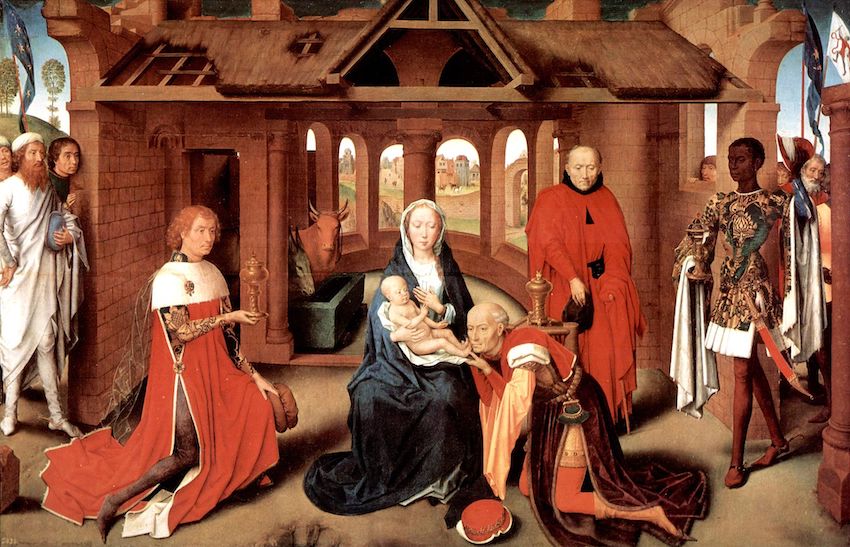
The term “epiphany” comes from the Greek word epiphaneia, meaning “manifestation” or “appearance”, symbolizing the moment when something hidden is revealed. For Christians, Epiphany commemorates the visit of the Magi, or Three Wise Men, to the infant Jesus, as recorded in the Bible. This event signifies the recognition of Christ by the wider world beyond the Holy Land.
The Magi and Their Symbolic Gifts
The Magi, guided by the Star of Bethlehem, travelled from the East to the place of the Messiah’s birth to honour the newborn King of the Jews. Traditionally identified as Melchior, Caspar (or Gaspar) and Balthazar, the Three Wise Men, guided by the spirit of adoration, presented gifts imbued with profound symbolism:
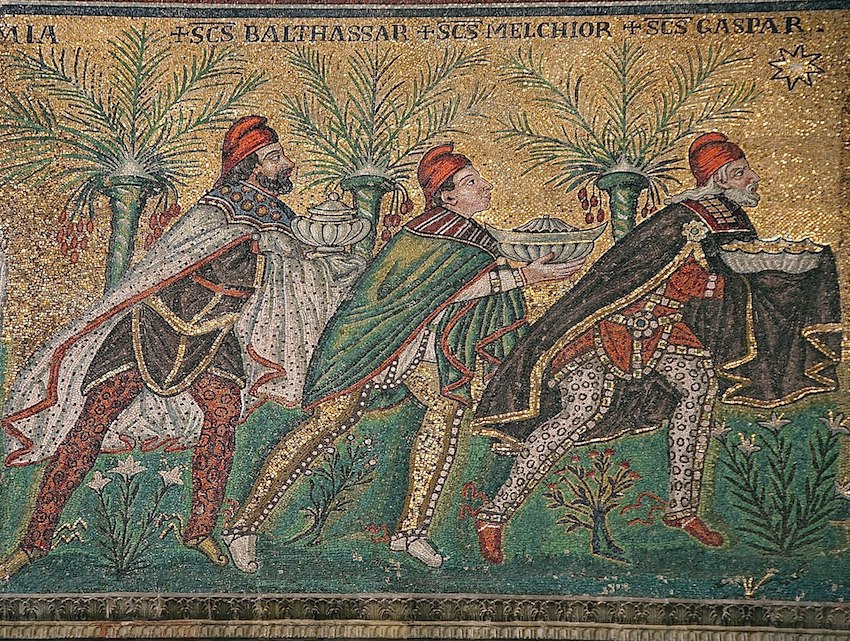
Melchior, a king from Persia, often depicted as an elder with a white beard, brought gold, symbolizing Jesus’ kingship and divinity.
Caspar, sometimes associated with India or Arabia and portrayed as a younger man, offered frankincense, representing Jesus’ priestly role and the divine worship due to Him.
Balthazar, believed to hail from Africa – possibly Ethiopia – and depicted as dark-skinned to emphasize the universality of Christ’s message, brought myrrh, a spice used in embalming, foreshadowing Jesus’ humanity, His suffering, ultimate sacrifice and death.
These gifts encapsulate Jesus’ identity as King, God and Saviour, reflecting the theological essence of His mission. The Magi’s journey underscores the themes of faith, the search for truth, and the recognition of divine revelation.

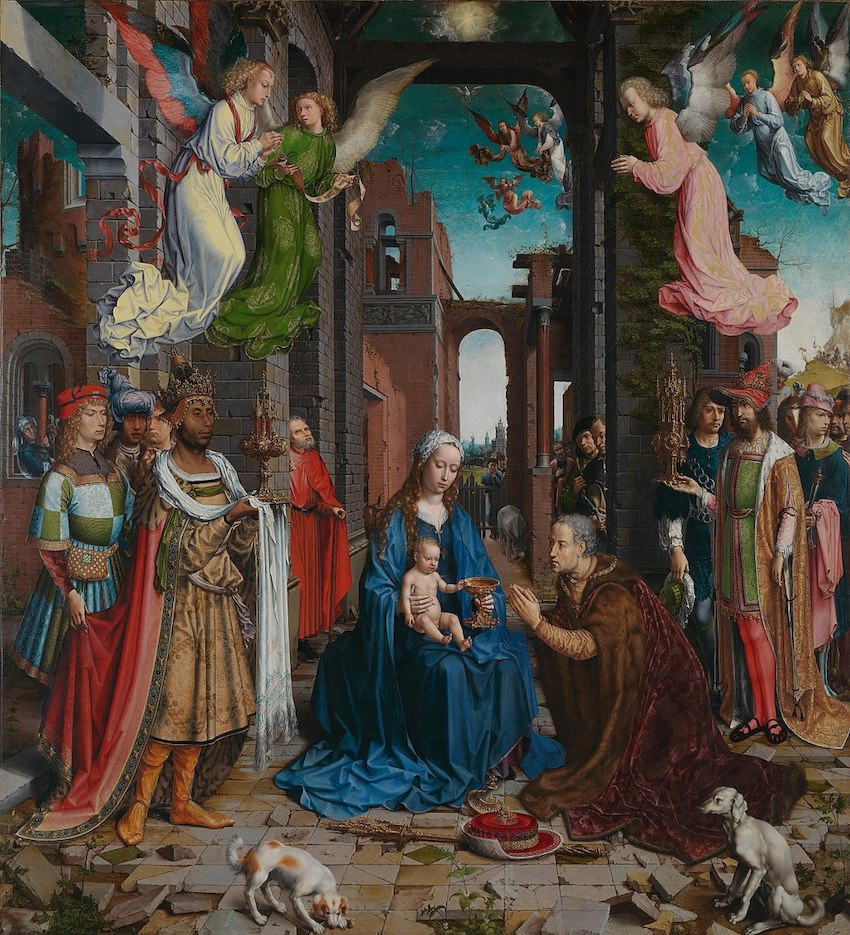

Eastern Orthodox Tradition – Theophany
In Eastern Orthodox Christianity, the Epiphany is known as Theophany and centres on the baptism of Jesus by John the Baptist in the Jordan River. This event is celebrated with water-blessing ceremonies in Orthodox Christian communities worldwide.
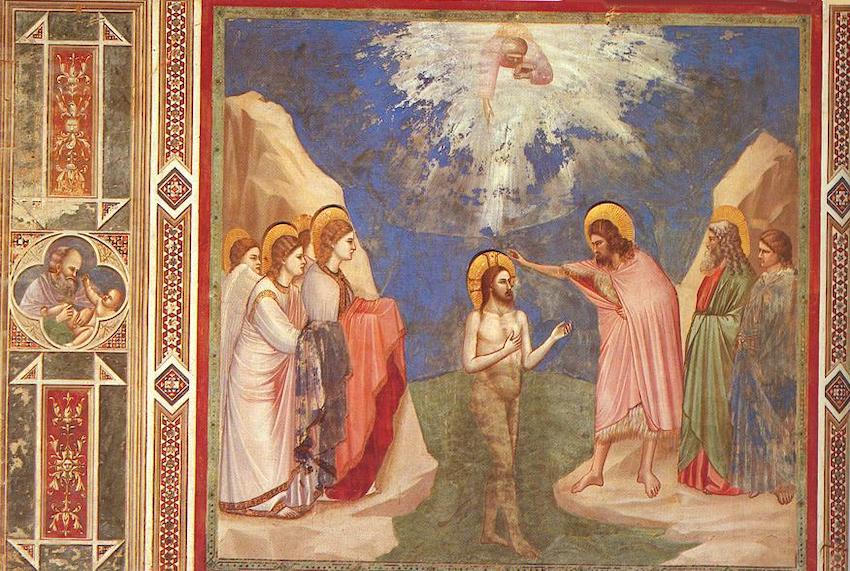
Cultural Celebrations of the Epiphany
Epiphany is rich with symbolic meanings of light, discovery and the universal nature of hope and salvation. It is also a day associated with acts of charity and helping those in need. Celebrations vary across cultures and countries:
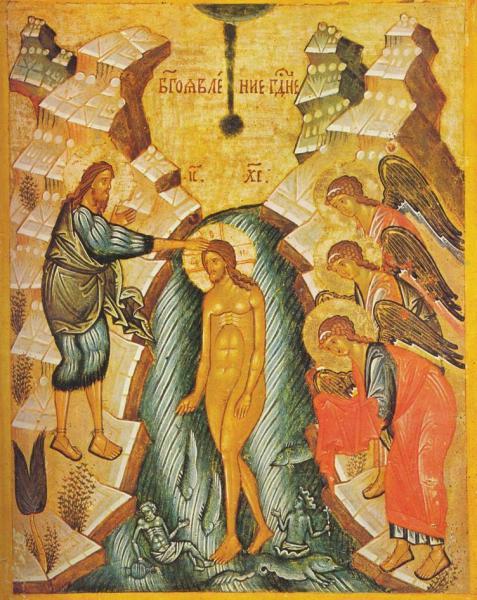
Greece: Epiphany, also called Theofania or Fota, is a deeply significant religious celebration, filled with Greek Orthodox traditions. The day is marked by the Blessing of the Water ceremony, during which priests cast a cross into the water – in the sea, a river, or a lake.
Brave participants dive into the chilly waters to retrieve the cross, symbolizing the purification of water and the renewal of life through Christ’s baptism. This ritual is often accompanied by solemn processions and community gatherings, combining religious devotion with vibrant community traditions.
Bulgaria: Before Epiphany on 5 January, a great water-blessing ceremony is held in Bulgarian churches, and believers take home small amounts of sanctified water. The ceremony commemorates the baptism of Jesus Christ in the Jordan River, during which the Divine Trinity – Father, Son and Holy Spirit – was revealed to the world. On Epiphany Day, known as Yordanovden, thousands of men brave Bulgaria’s icy rivers and lakes, diving to retrieve crucifixes cast by priests. According to centuries-old ritual and tradition, the finder of the cross is blessed with good health and protection for the whole year. Priests also sprinkle believers with water using a bunch of basil.
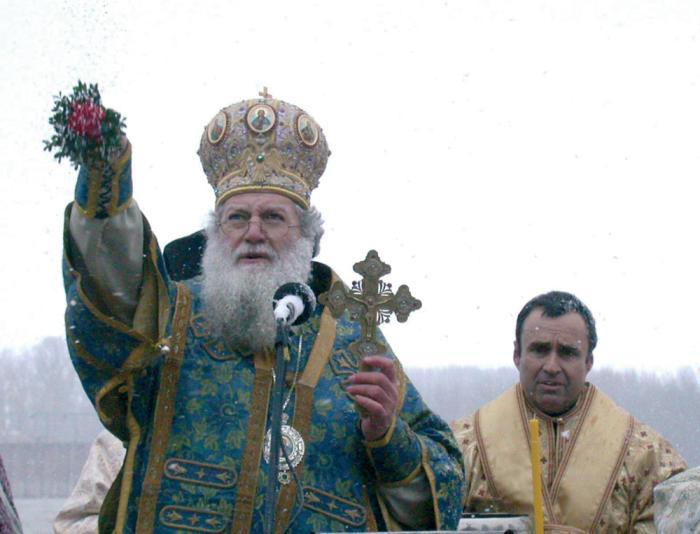
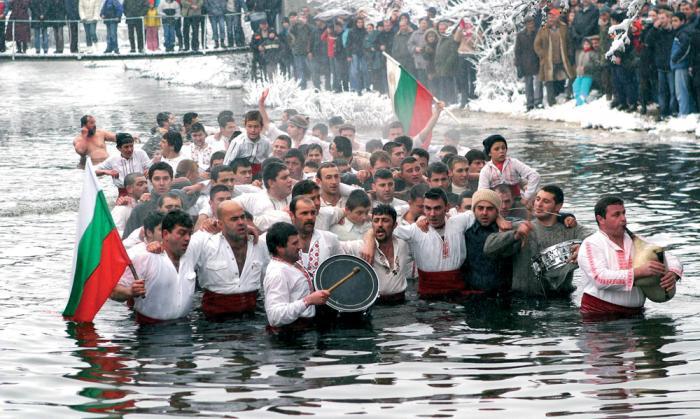
Spain and Latin America: Epiphany is known as Día de los Reyes (Day of the Kings). On this day, large, colourful parades take place everywhere, in which many children participate and receive gifts.
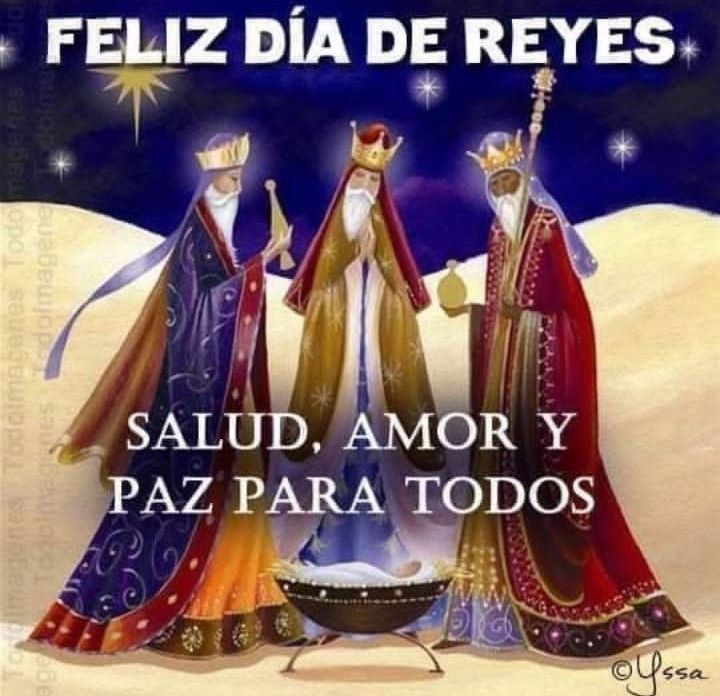
Czech Republic: Epiphany, known as Tři Králové in Czech, is a public holiday marked by vibrant traditions. One of the highlights is the spectacular Procession of the Three Kings in Prague, where the Magi’s legendary journey to Bethlehem is re-enacted with camels, drummers, and trumpeters. This annual celebration not only captivates spectators, but also raises awareness about the needs of those in distress. Thanks to the generosity of donors, the nationwide Three Kings Collection – the largest charitable fundraising event in the country – has a profound impact on communities. Adding to the festivities are adventurous participants who plunge into icy rivers, further enriching this cherished tradition.
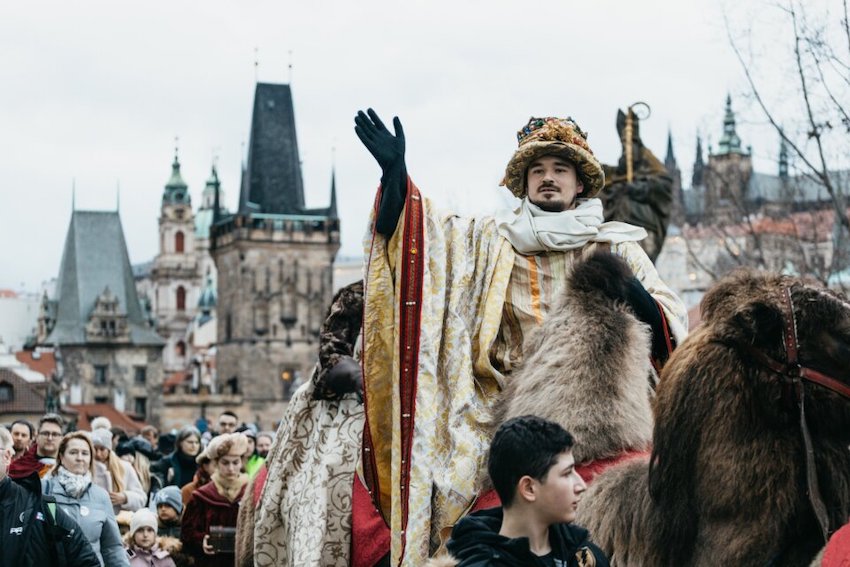
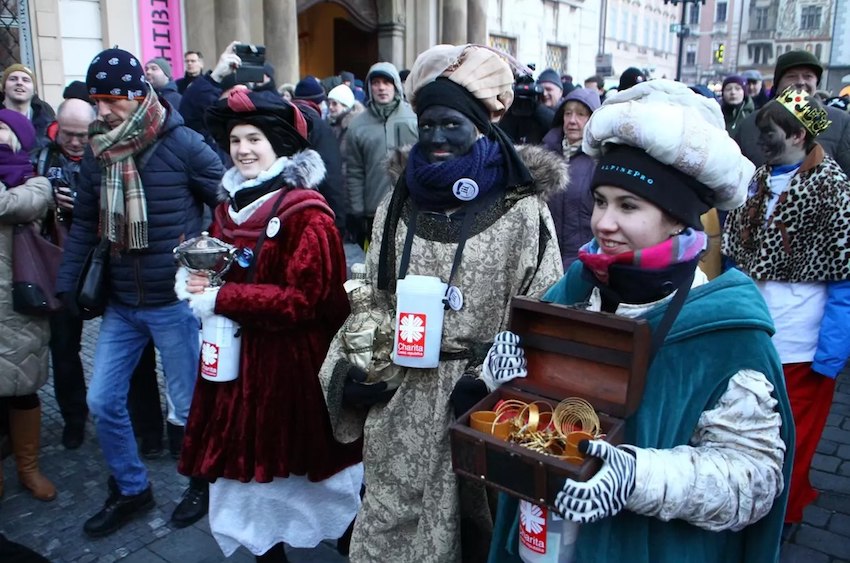
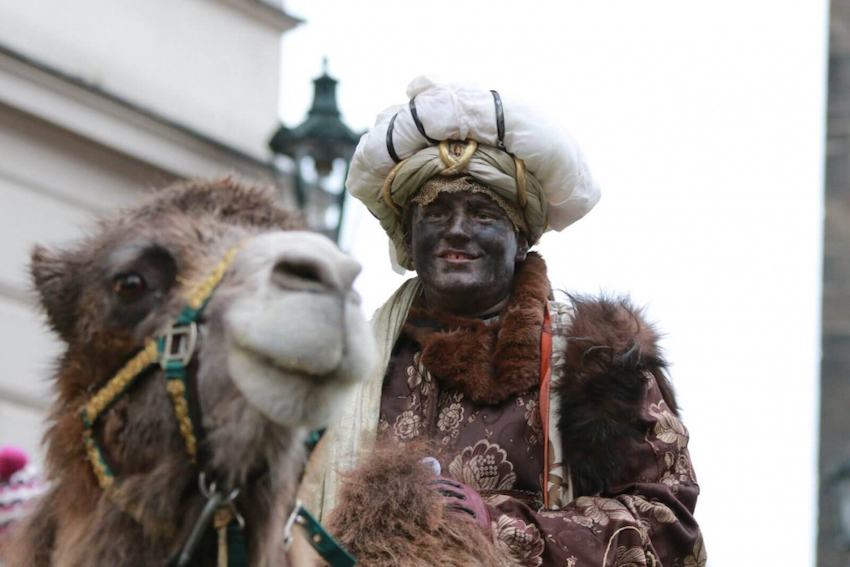
France: The tradition of eating Kings’ Cake in French families and communities dates back to the Middle Ages. The iconic French cake, La Galette des Rois, is made with a delicious almond and sugar filling and contains a small porcelain figurine hidden inside. The lucky person who finds the figurine is crowned with a golden paper crown, adding a regal touch to this beloved tradition.
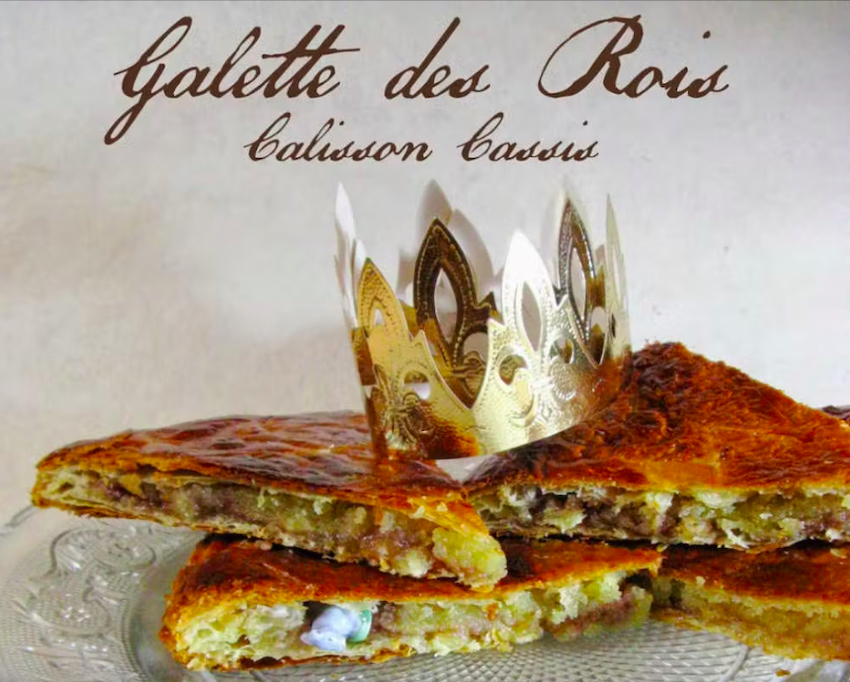
Germany: Groups of young people, called Sternsinger (Star Singers), dress as the Three Wise Men and go from door to door with a star. They receive treats from the households they visit and collect donations for charity. They also perform the traditional house blessing by marking the year with chalk above the doorways, offering protection to the inhabitants for the coming year.
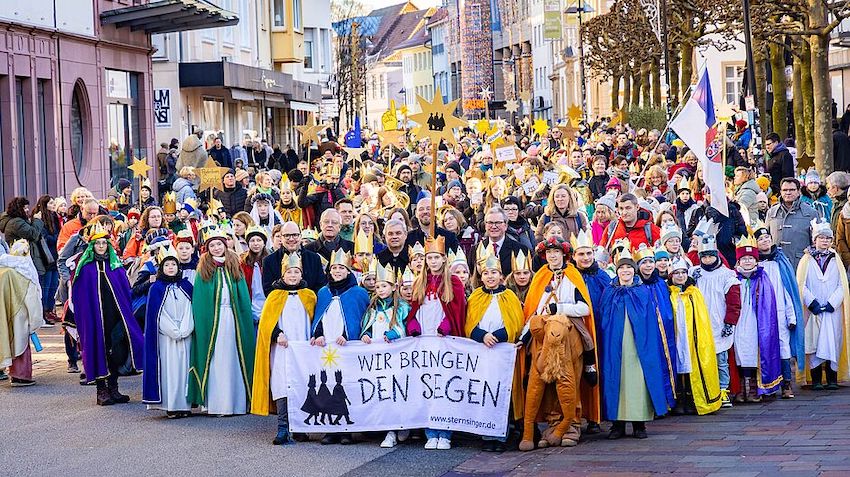
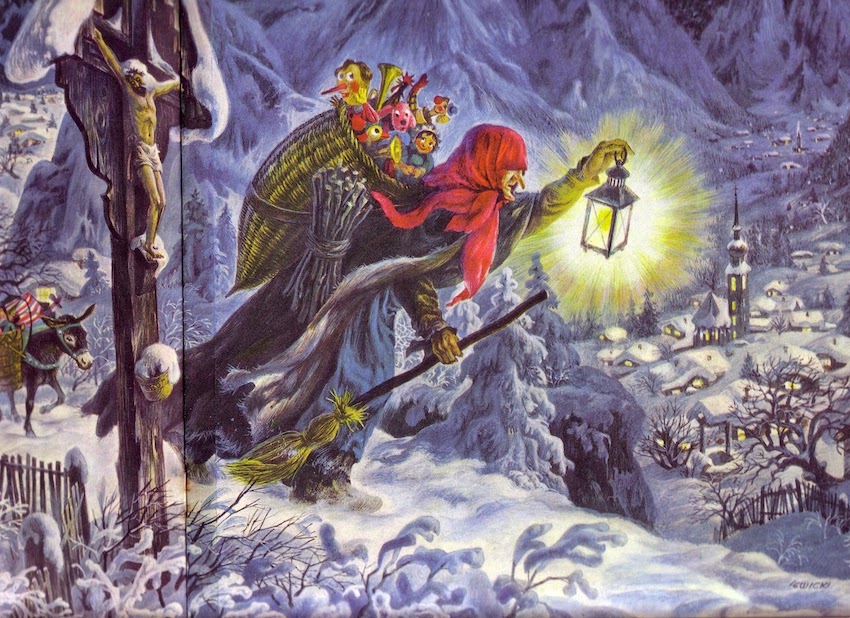
Italy: Epiphany is a great and joyful celebration blending faith, folklore and cherished family traditions, observed on 6 January as a national holiday in Italy. It commemorates the visit of the Magi to the infant Jesus. At the heart of these festivities is La Befana, a beloved folkloric figure that has its roots in ancient pagan rites, and was later embraced by Christian tradition. Depicted as an old witch flying on a broomstick, La Befana is central to Epiphany lore. According to legend, the Magi invited her to join them on their journey in search of Jesus. She initially declined, but later set out to follow them, bringing gifts. Unable to find the manger, she began delivering presents to children instead. Today, La Befana visits children on Epiphany Eve, leaving gifts in their stockings or shoes. This cherished Italian tradition is accompanied by vibrant customs, including festive street markets and colourful processions throughout the country.
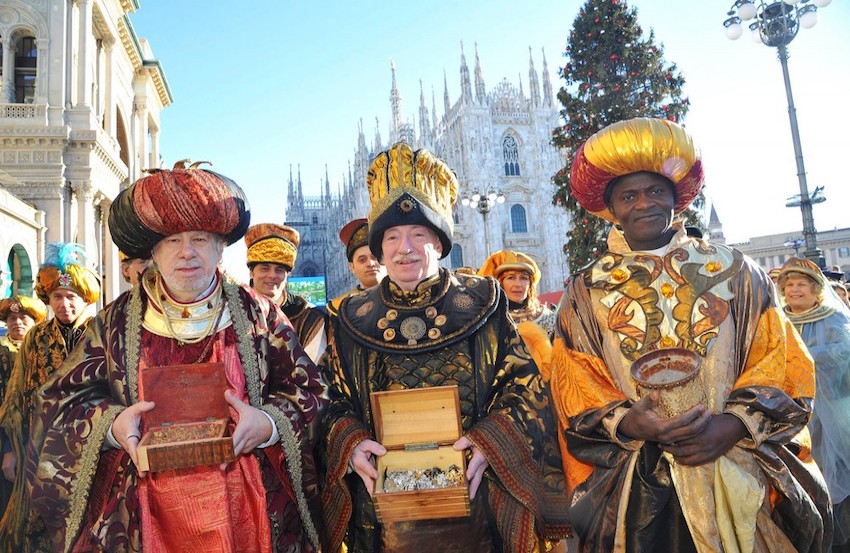
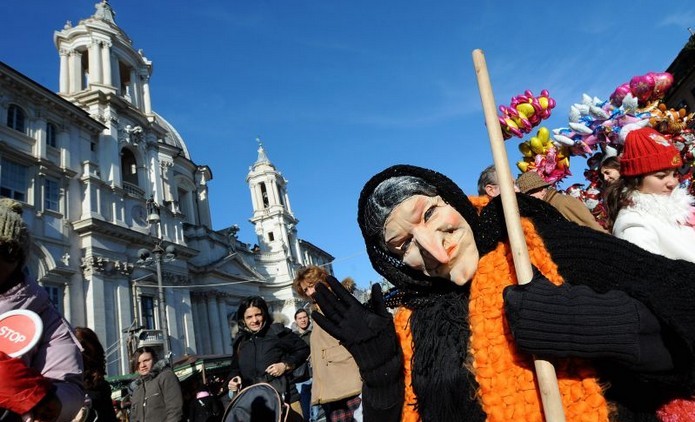

A unique highlight is Venice’s Regata delle Befane, a playful boat race along the Grand Canal featuring participants dressed as La Befana. In 2025, the race celebrates its 45th edition. Lasting approximately 15 minutes, it begins at San Tomà and ends at the emblematic Rialto Bridge, where a giant stocking is displayed to mark the occasion. Festivities on the bridge include the distribution of hot chocolate, mulled wine, and local sweet treats, making this holiday truly delightful.
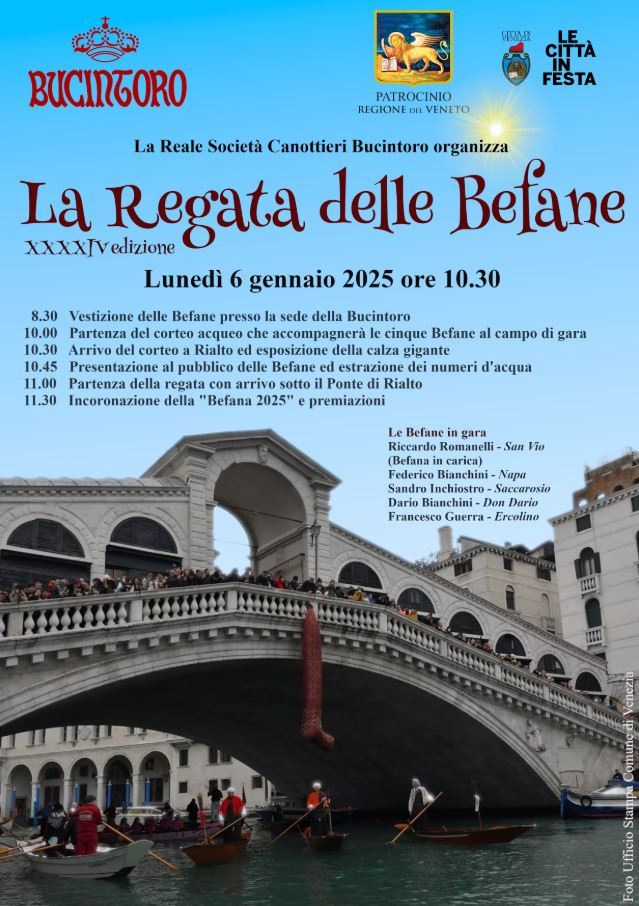
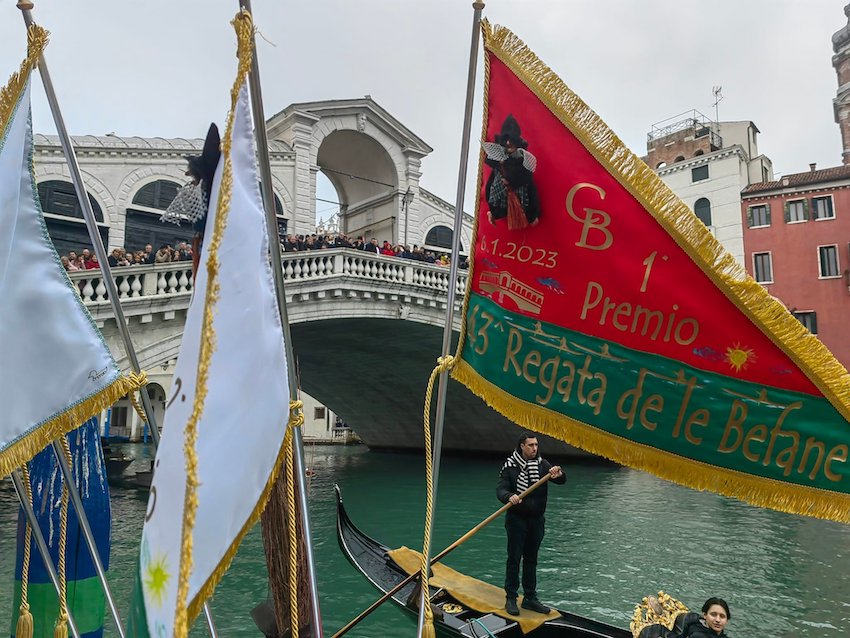
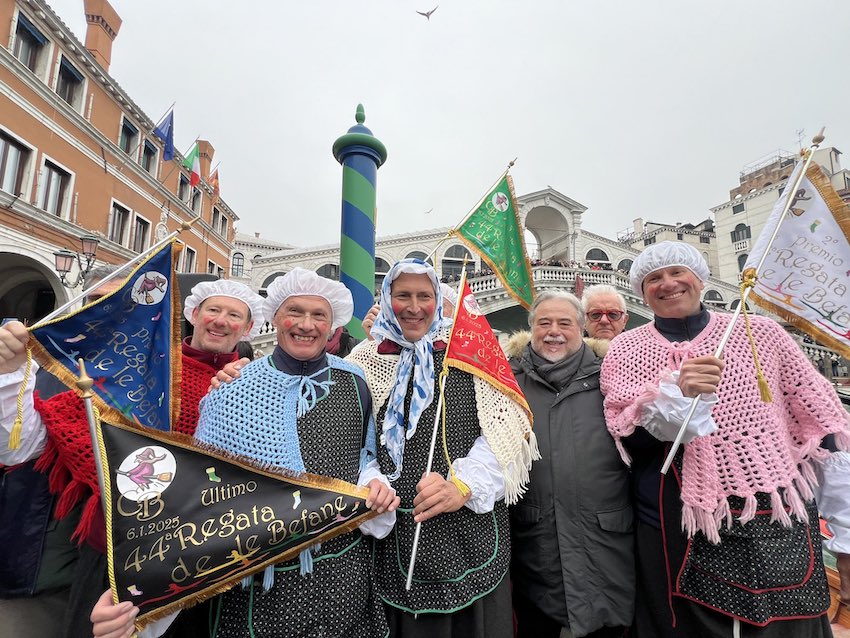
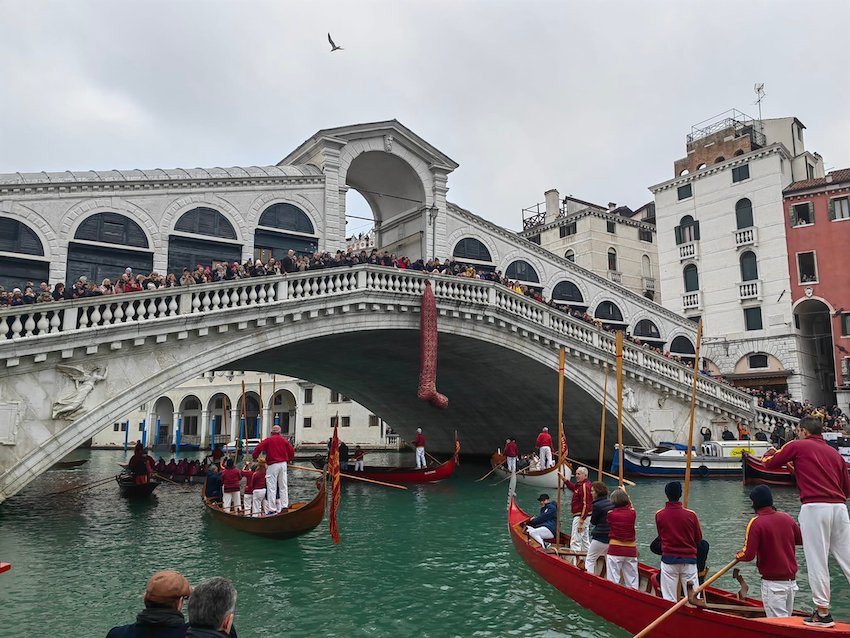
The thousand-year-old tradition of the unmissable Carnival of Venice, considered the world’s most iconic celebration with fantastic masks and stunning costumes, will take place in 2025 from 22 February to 4 March.
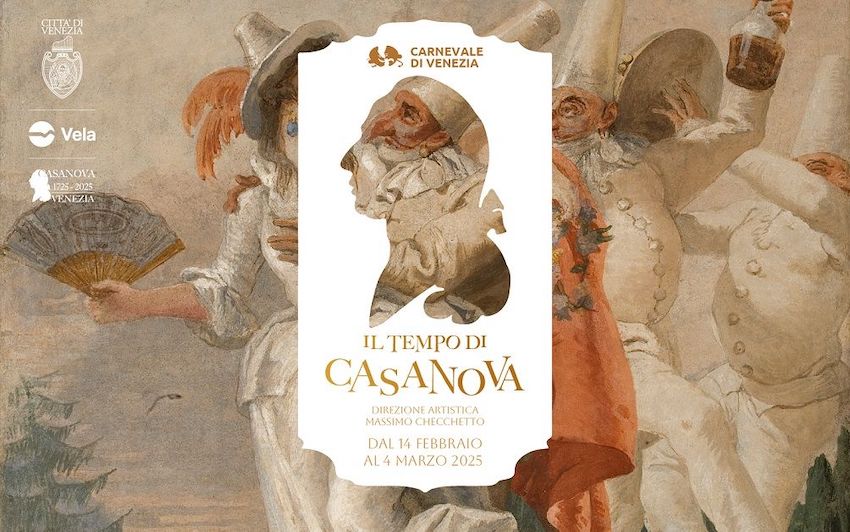
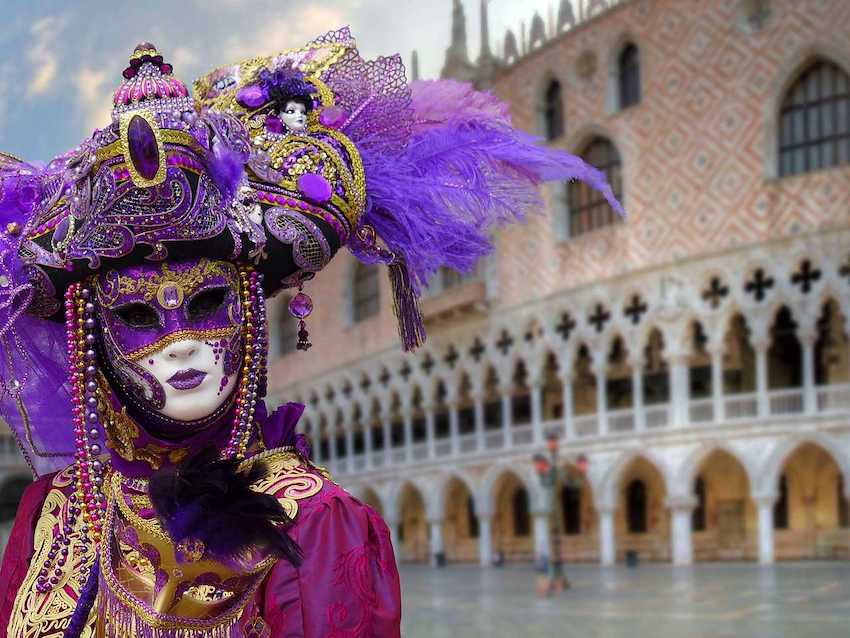
A Universal Metaphor for Insight
Beyond its religious significance, Epiphany resonates universally as a metaphor for moments of clarity and understanding. The term “epiphany” often describes sudden realizations or insights that illuminate life’s path. In this sense, the day encourages spiritual reflection and personal discovery, inviting us to embrace the light of understanding and share it with others.

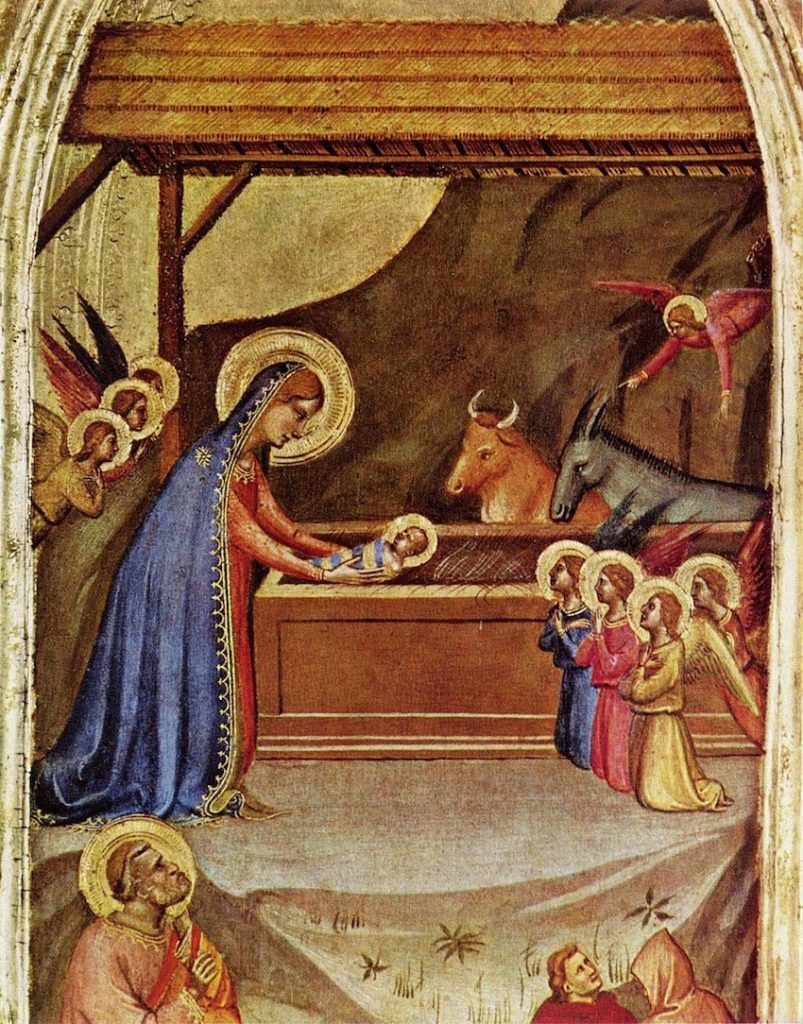
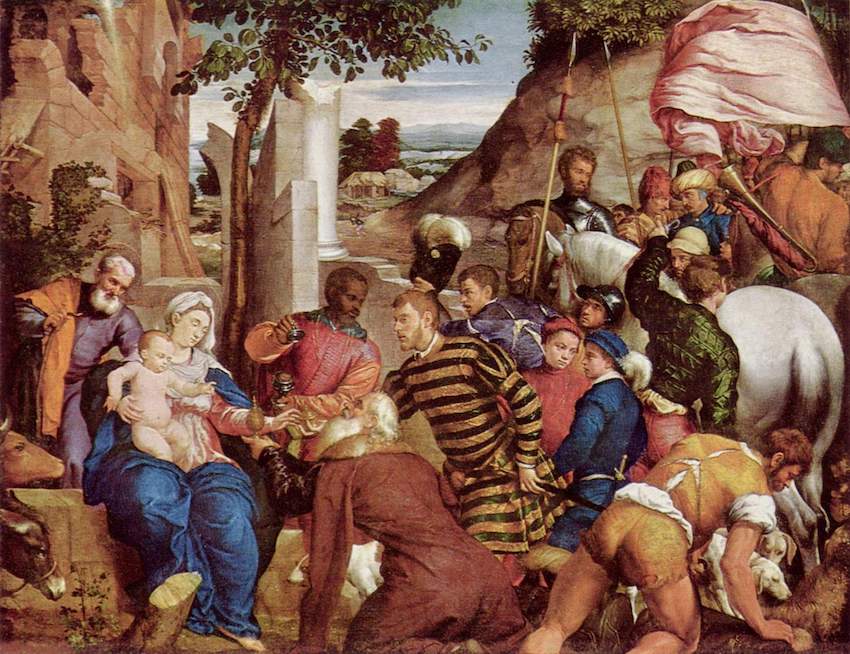
In this season of revelation, may we all find our own epiphanies – those transformative moments that deepen our connection to the world and guide us toward greater clarity and purpose.

Photos from Wikipedia












